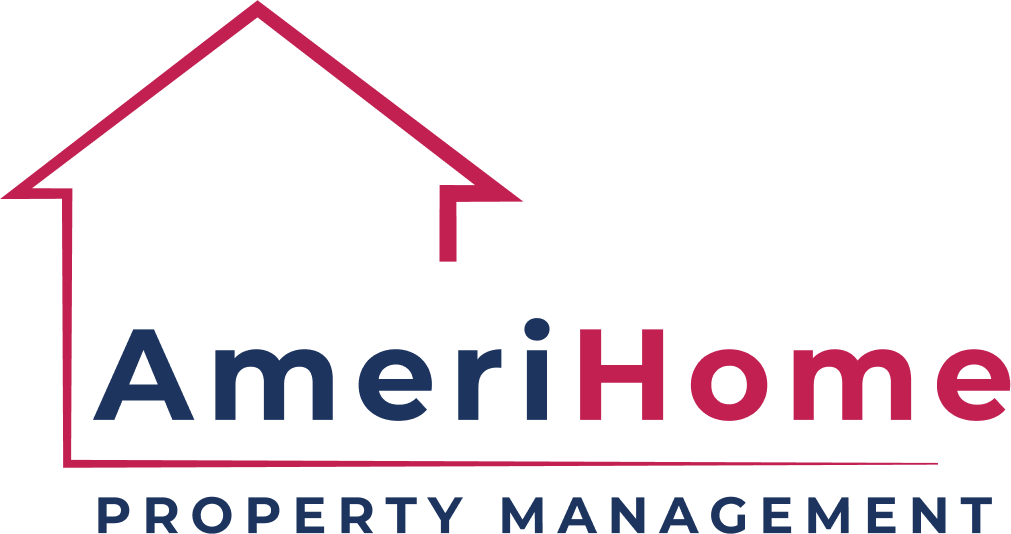Fair Housing: It’s Your Right
State and/or federal laws prohibit housing discrimination on the basis of:
- Race or Color
- Familial status
- Sex
- Age
- Religion
- National origin
- Disability
- Marital status
Fair housing laws protect your rights when you:
- View or purchase a home.
- View or rent an apartment or other living facility
- Obtain financing, such as a mortgage or home improvement loan.
- Insure your home or apartment.
Fair housing laws ban discrimination in:
- Terms and conditions for buying or renting a home.
- Advertising and marketing housing
- Providing housing services.
State and federal laws also prohibit:
- Steering: directing renters or home buyers to particular neighborhoods based on race or ethnicity.
- Predatory lending: marketing less favorable home loans to persons based on a protected characteristic.
How do you know if it’s discrimination?
Housing discrimination is usually disguised, often with a smile and a handshake. Although some of the following statements may seem reasonable, they could be excuses to prevent you from renting an apartment, buying a home or getting financing or insurance.
Pay close attention when you hear statements like
When you are renting -
- “I rented that apartment right after you called.”
- “Yes, we rent to families with children, but our children’s section is full.”
- “We have a long waiting list.”
When you are buying -
- “Let me show you some homes in an area where you’ll be more comfortable.”
- “The owner just took the house off the market.”
- “I’ll have to pre-qualify you before I show you any homes.”
When you want financing -
- “We don’t process mortgages that small.”
- “You might get better terms at another bank.”
- “We don’t sell insurance in your area.”
Some of these comments may be valid, but they also may be a pretext to discriminate.
Pay close attention when you hear statements like
State and federal laws require housing providers to make reasonable accommodations that are necessary and related to a person’s disability, such as:
- Making exceptions to rules or policies.Allowing a service or support animal in a no-pet complex.
- Assigning parking.
- Making exceptions to rules or policies.
Housing providers are also required to allow modifications to the property that are related to a person’s disability, such as installing ramps, grab bars or visual smoke detectors. These structural modifications:
- May be at the resident’s expense
- May require the housing provider to approve the plans
- May require the resident to return the property to its original condition when moving out
Get In Touch With Us
Complete the form in its entirety to be connected with a qualified property manager who can assist you with all your property-related needs.

